H.R. 2502: Law Enforcement Training for Mental Health Crisis Response Act of 2025
This bill, titled the Law Enforcement Training for Mental Health Crisis Response Act of 2025, is designed to provide support for law enforcement and corrections officers in the United States by funding specialized training to effectively handle situations involving individuals experiencing mental health crises. The main points of the bill include the following:
Purpose
The bill aims to achieve several objectives:
- Enhance the training of law enforcement officers and corrections officers to manage behavioral health crisis situations.
- Reduce the number of officers injured or killed during these responses.
- Decrease the occurrences of injuries or fatalities to individuals in crises when law enforcement or corrections officers intervene.
Background and Findings
Congress recognizes that:
- Many police responses involve individuals with mental health issues.
- Statistics indicate that a significant portion of police encounters involves mental health conditions:
- 1 in 10 police response calls involve someone with a mental illness.
- 1 in 4 people killed by police have mental health problems.
- 1 in 3 individuals taken to emergency rooms for psychiatric reasons are transported by police.
- There is an increasing need for evidence-based training for officers responding to these situations.
- Proper training enhances public safety and the safety of officers involved.
Grant Program
The bill establishes a grant program to provide funding for training:
- The U.S. Attorney General can reserve up to $10 million annually from the available funds for this program.
- Grants will cover costs for officers to receive specialized training and related travel expenses.
Program Implementation
The Attorney General will have the authority to:
- Set standards for training programs.
- Evaluate applications from law enforcement and corrections agencies seeking financial assistance for training.
- Review and audit the use of grant funds to ensure they are being applied to the intended purpose.
Application Requirements
Agencies applying for the grants must provide specific details, including:
- A description of the training program their officers will undergo.
- The number of officers in the agency.
- Statistics on officers killed or injured in the past five years while responding to crises.
- Information about existing training programs for crisis response.
Restrictions on Fund Use
Grant funds must:
- Supplement state and local funding and cannot replace it.
- Limit administrative costs to no more than 3% of the total grant amount.
Reporting and Records
Grant recipients are required to submit annual reports detailing:
- Activities funded by the grants.
- The number of officers trained using the grants.
- Additional pertinent information as determined by the Attorney General.
Definitions
The bill specifies various terms, including:
- Applicant: Law enforcement or corrections agencies applying for grants.
- Recipient: Agencies that receive funding through this program.
- Program: Training focused on behavioral health crisis response.
Relevant Companies
None found
This is an AI-generated summary of the bill text. There may be mistakes.
Sponsors
11 bill sponsors
-
TrackMarcy Kaptur

Sponsor
-
TrackStephanie I. Bice
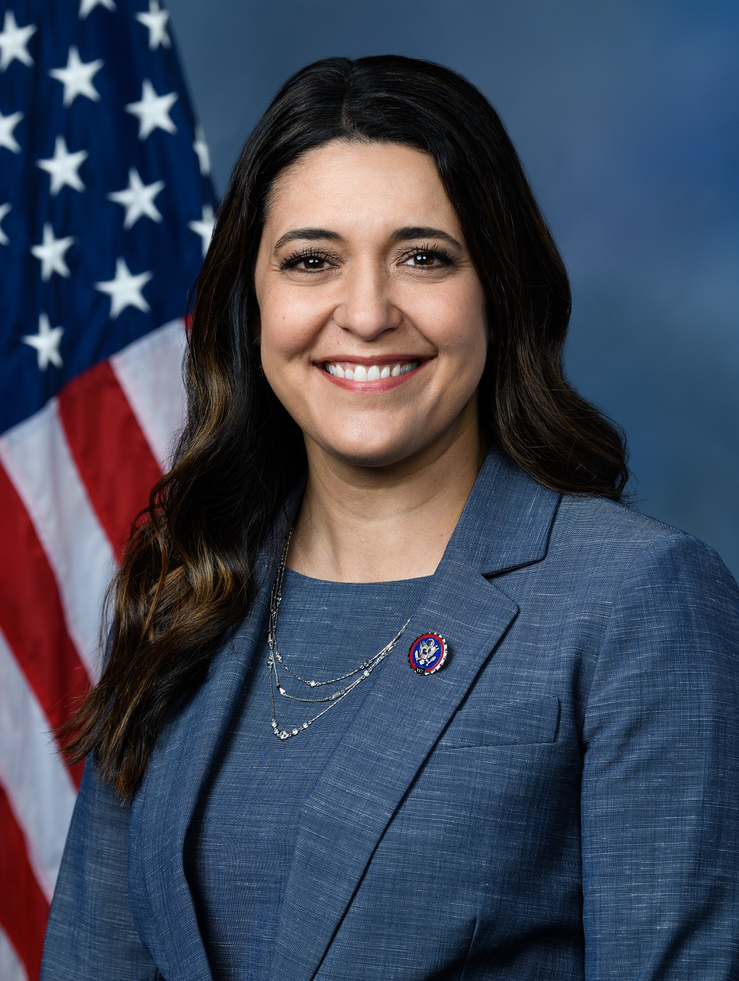
Co-Sponsor
-
TrackSanford D. Bishop, Jr.
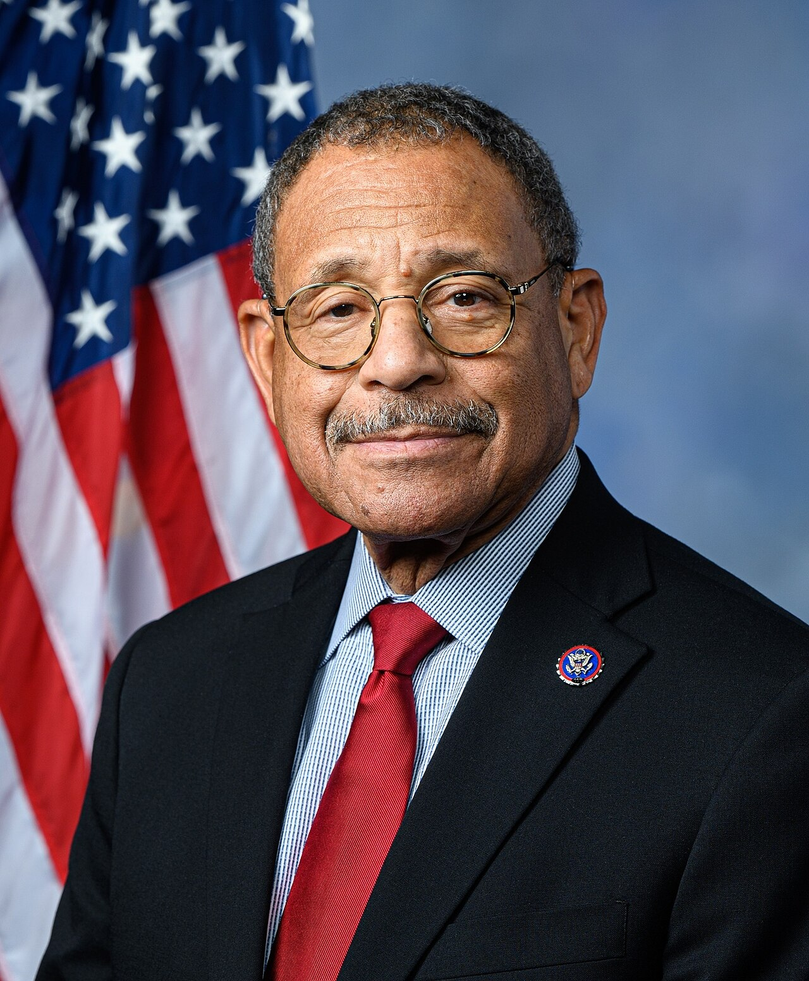
Co-Sponsor
-
TrackJulia Brownley
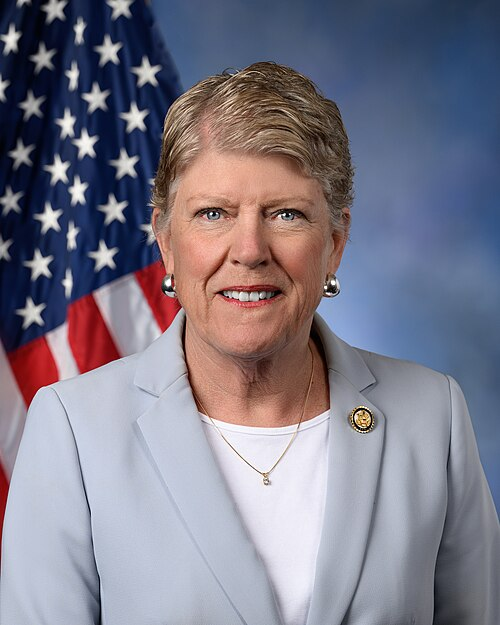
Co-Sponsor
-
TrackTroy A. Carter
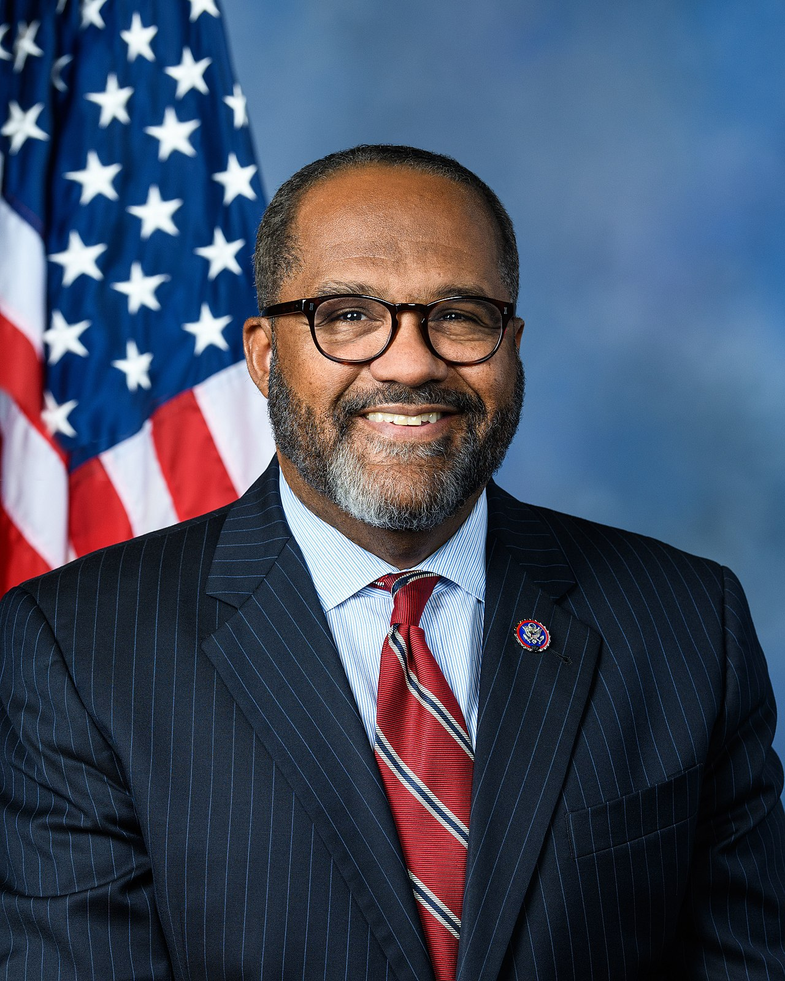
Co-Sponsor
-
TrackSean Casten
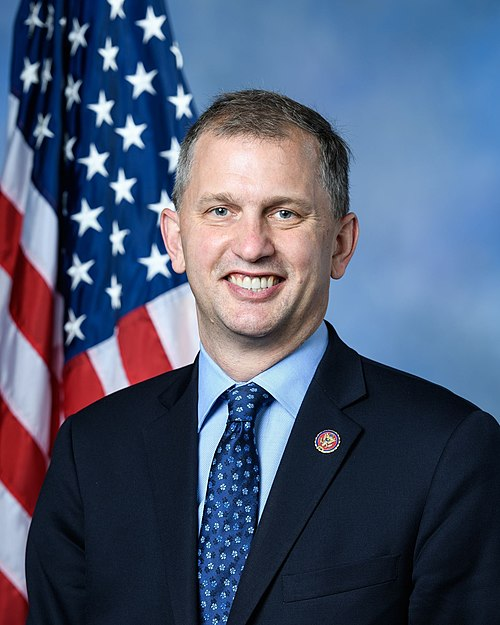
Co-Sponsor
-
TrackDwight Evans

Co-Sponsor
-
TrackJennifer Kiggans
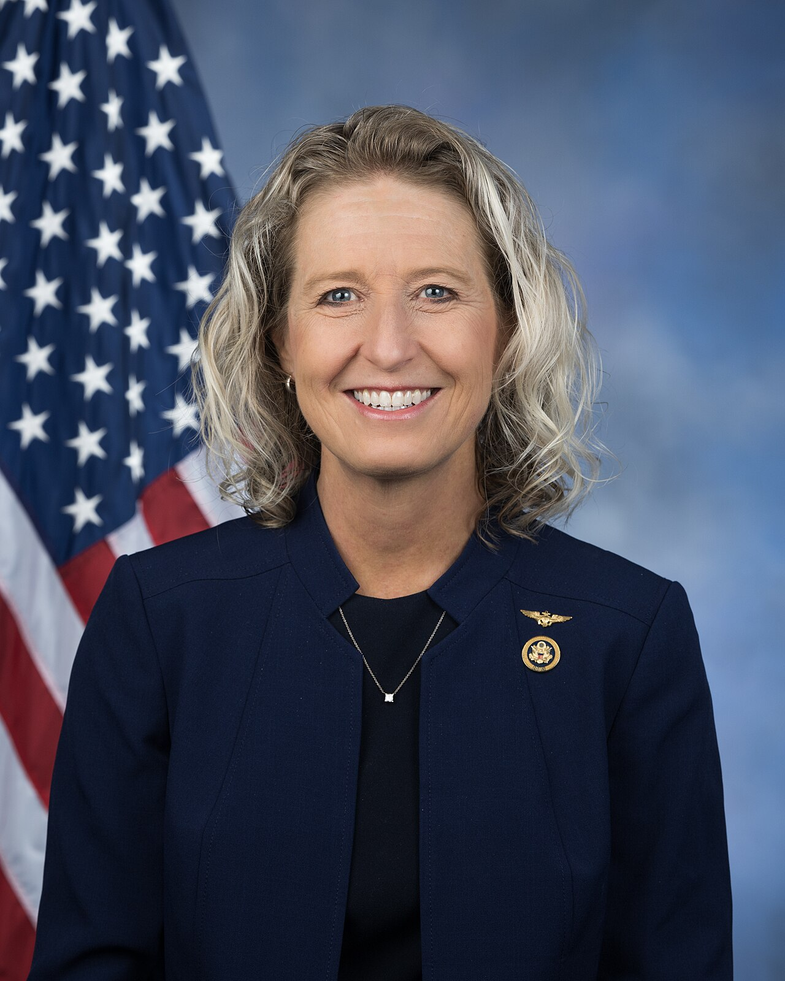
Co-Sponsor
-
TrackGreg Landsman

Co-Sponsor
-
TrackDina Titus

Co-Sponsor
-
TrackGabe Vasquez
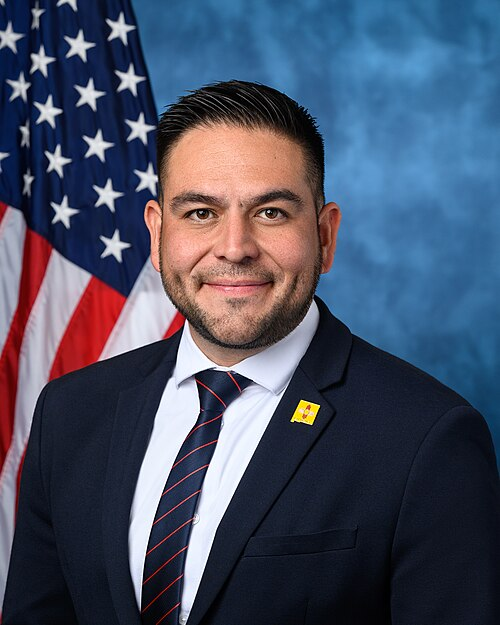
Co-Sponsor
Actions
3 actions
| Date | Action |
|---|---|
| Mar. 31, 2025 | Introduced in House |
| Mar. 31, 2025 | Referred to the House Committee on the Judiciary. |
| Mar. 31, 2025 | Sponsor introductory remarks on measure. (CR H1359) |
Corporate Lobbying
0 companies lobbying
None found.
* Note that there can be significant delays in lobbying disclosures, and our data may be incomplete.
Potentially Relevant Congressional Stock Trades
No relevant congressional stock trades found.